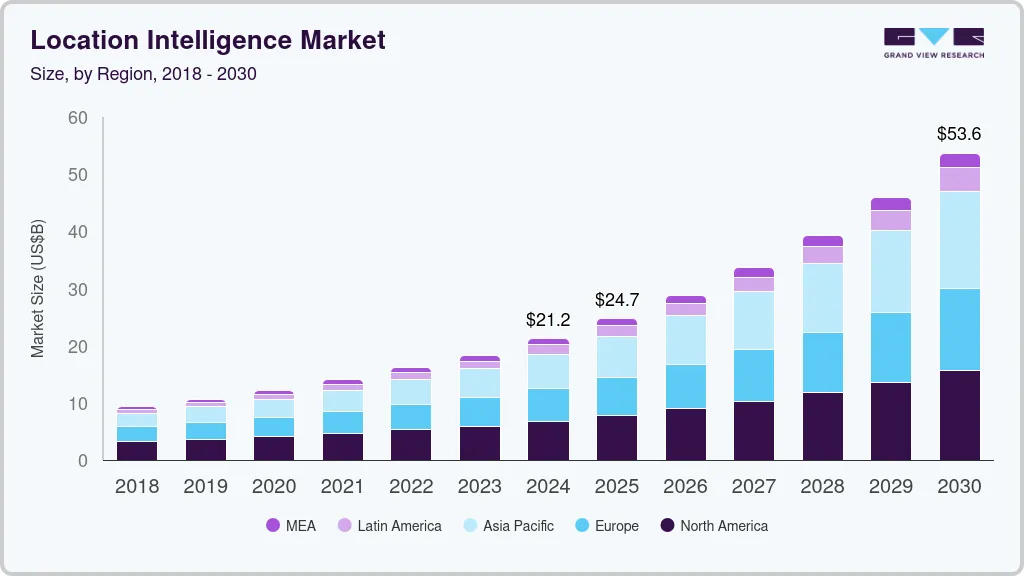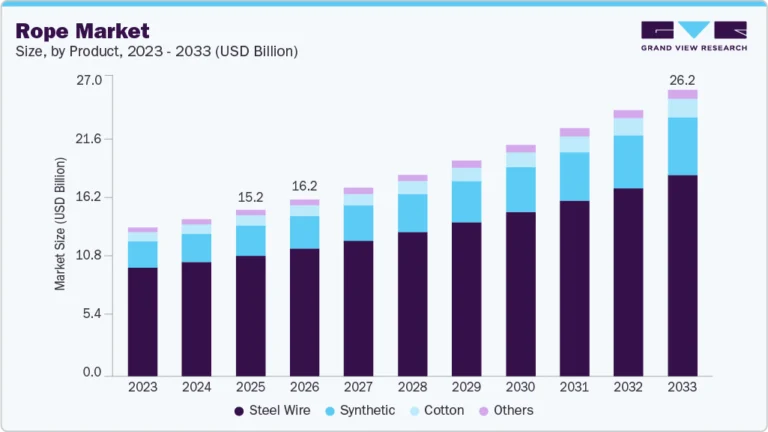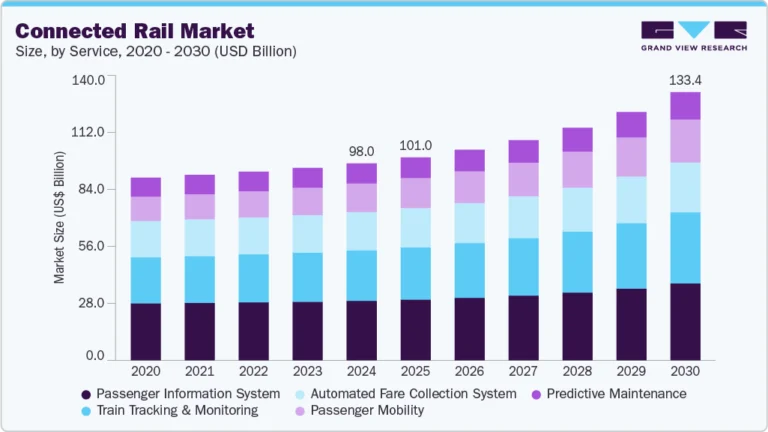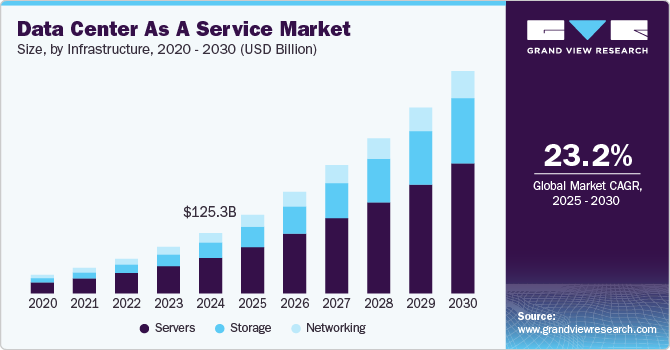Location Intelligence Market Size, Share, & Trends Analysis growing at a CAGR of 16.8% from 2025 to 2030

The Global Location Intelligence Market size was estimated at USD 21,210.3 Million in 2024 and is projected to reach USD 53,621.8 Million by 2030, growing at a CAGR of 16.8% from 2025 to 2030.The market’s growth can be attributed to the increasing penetration of smart devices and rising investments in IoT and network services, which enable smarter applications and enhance network connectivity.
Key Market Trends & Insights
- In terms of region, North America was the largest revenue generating market in 2024.
- Country-wise, India is expected to register the highest CAGR from 2025 to 2030.
- In terms of segment, sales and marketing optimization accounted for a revenue of USD 4,879.2 million in 2024.
- Remote Monitoring is the most lucrative application segment registering the fastest growth during the forecast period.
Market Size & Forecast
- 2024 Market Size: USD 21,210.3 Million
- 2030 Projected Market Size: USD 53,621.8 Million
- CAGR (2025-2030): 16.8%
- North America: Largest market in 2024
Request a free sample copy or view report summary: https://www.grandviewresearch.com/industry-analysis/location-intelligence-market/request/rs1
The COVID-19 pandemic accelerated the adoption of location intelligence solutions as businesses leveraged these tools to navigate evolving market dynamics, optimize operations, and improve customer experience through data analysis, mapping, and location-based insights. In addition, retail, transportation, and healthcare industries are increasingly adopting location intelligence to improve supply chain management, asset tracking, and personalized marketing, further propelling market growth.
The market expansion is also driven by the increasing penetration of smart devices, including smartphones, tablets, and IoT-connected devices, which are becoming integral to both consumer and enterprise ecosystems. As these devices become more widespread, they generate vast amounts of location-based data that businesses can harness to gain insights into customer behavior, optimize operations, and improve decision-making. Moreover, the ongoing adoption of advanced network services enhances connectivity, making real-time location intelligence more accessible and effective.
IoT devices, connected via high-speed networks, provide rich data streams that can be analyzed to produce location-based insights. This capability is beneficial for industries such as logistics, retail, and healthcare, where understanding the movement of assets, products, or patients can lead to improved efficiency and customer satisfaction. As IoT infrastructure grows and networks improve, the ability to capture and analyze location data in real time is expected to become even more sophisticated, fueling further adoption of location intelligence solutions.






